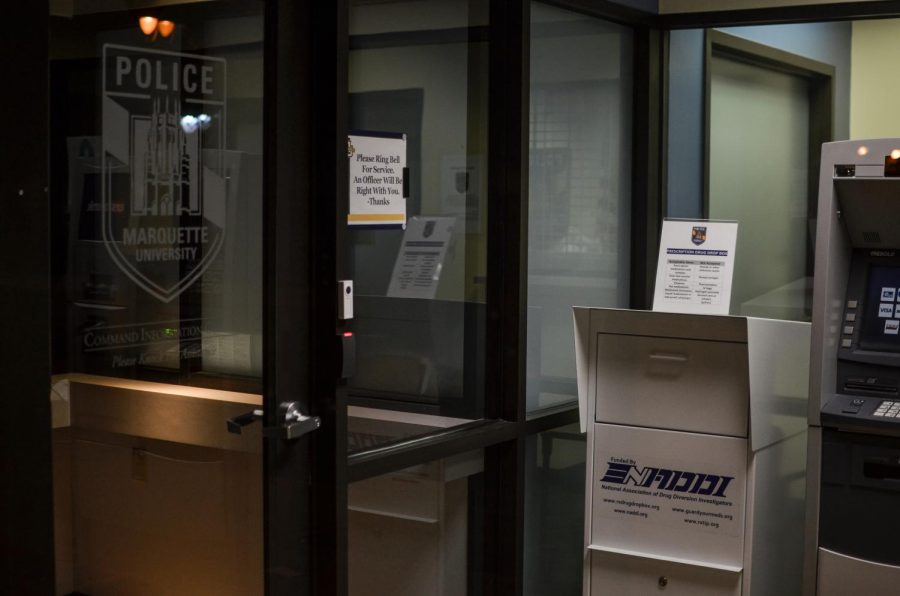Last Thursday, Wisconsin Attorney General J.B. Van Hollen announced the creation of a new consumer protection unit for the state.
The unit will specialize in mortgage-related complaints and other consumer protection and antitrust matters.
It remains unknown what exactly the unit will represent, as there is already a consumer protection department in the state of Wisconsin – the Department of Agriculture, Trade and Consumer Protection.
Eugene Laczniak, a professor of marketing, has his own theories about what the unit’s creation could mean.
Laczniak said this is just a reorganizational move instead of a commitment to new resources for consumer protection. He noted Van Hollen hasn’t expressed a deep interest in consumer protection activities.
“What remains unclear is how this office will coordinate with the Wisconsin Department of Agriculture, where matters of trade and consumer protection have historically been located due to the agrarian history of this state,” Laczniak said. “Better coordination in such matters would be a positive thing.”
Laczniak said this may be a piece in the major settlement over the mishandling of subprime rate mortgages. He also said this may just be a move by the Department of Justice to position itself as a central player in the settlement rather then having the Department of Justice settle it all.
“The Wisconsin Department of Justice may also want to be in a stronger position to protect Wisconsin banks from local consumer claims of mistreatment, although I hope I am wrong about this,” Laczniak said.
Dennis Garrett, an associate professor of marketing, also has his own theories about the unit.
Garrett isn’t entirely sure why this new unit was created now, but he believes it may be part of a move to increase consumer visibility, so consumers can recognize the options available to them.
“This unit will provide consumers with an outlet for their complaints regarding unfair or deceptive business practices,” Garrett said. “The state of Wisconsin has had for many years a unit based in a different office that offered this basic type of service for consumers with complaints. It is not entirely clear how this new office will differ in its function or focus as compared to this long-established consumer complaint office.”
Garrett said consumers need two types of services to help them make more informed decisions in the marketplace.
They first need access to information regarding the relative quality of various products and service providers, and then they need an outlet to file complaints and, hopefully, resolve their problems.
With this data, consumers can avoid products and companies that have generated numerous complaints in the past.
Currently, there are two companies that provide these types of business ratings online, the Better Business Bureau and Angie’s List.
“Unfortunately, despite decades of emphasis on the value of providing high quality customer service, there are still many companies that provide poor quality products and services to their customers,” Garrett said. “Therefore, the number of consumer complaints filed each year continues to rise rather than fall.”
Michael Collins, an assistant professor and faculty director for the Center of Financial Security at the University of Wisconsin-Madison, agrees with them both.
Collins said the creation of the unit is directly related to the mortgage settlement, but he also believes there is a chance this is a move to increase visibility to the consumer.
“The Department of Justice already has a consumer unit and tries cases,” Collins said. “The Department of Agriculture, Trade and Consumer Protection takes complaints and works with Department of Justice. I think the new funding from the settlement might formalize the Department of Justice’s function a bit, perhaps taking a higher profile.”


